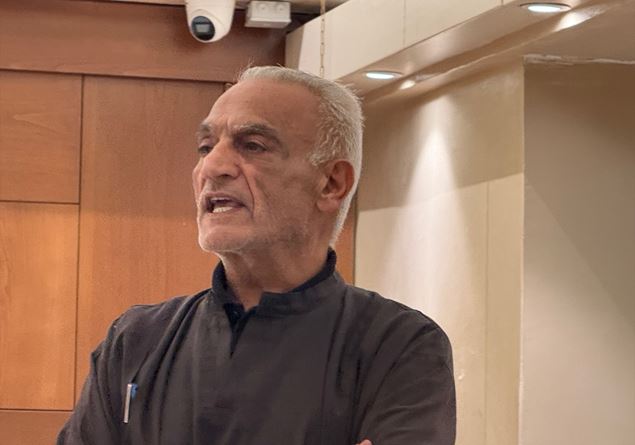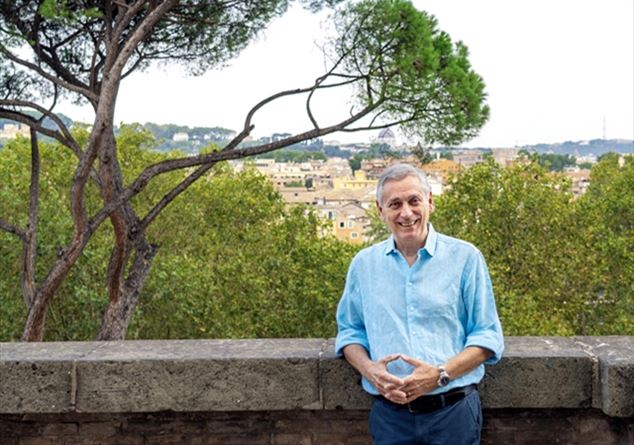It is a cry of alarm and, together, a call to action that rises from the fourth international conference on development funding (FFD4), scheduled in Seville from 30 June to 3 July. A crucial appointment that meets governments, international financial institutions, representatives of civil society and United Nations to face the debt crisis that threatens the social, economic and political stability of entire areas of the world.
«The current debt system is at the service of financial markets, not people. The time has come to act responsibly ». With these clear words, pronounced on June 20, the Nobel Prize for the economy Joseph Stiglitz presented the report developed by Jubilee Commissionestablished by the Pontifical Academy of Social Sciences in collaboration with Columbia University. The document represents the conceptual and operational basis of the Seville Conference: an ambitious program to reform global financial architecture and make the economy a tool at the service of people.
The return of debt as a global threat
The stakes are high. In developing countries, the weight of the interests on debt has reached unsustainable levels. According to the most recent data, 54 States spend over 10% of their tax revenues only to pay interest. A situation that, in fact, takes away vital resources from key sectors such as health, education, infrastructure and climatic resilience. In other words, the debt hinders the concrete possibility of getting out of poverty and compromising the already fragile social balances.
After a quarter of a century from the historic campaign for the remission of the debt launched on the occasion of the Jubilee of 2000, reality imposes a new momentum. Then, the intervention of the international financial institutions had allowed many countries to get rid of the debt yoke. But the lack of common rules on responsible loan He reported many economies on the edge of the abyss.
A question of justice (and peace)
Today, debt is not just an economic question. It is an ethical and political problem that feeds inequalities and aggravates injustices. The wars in Corso monopolize the attention of the media, but behind many conflicts are hidden decades of misery and looting. The writer Suketu Mehta in his essay explained it with lucidity This land is our land: “After plundering us for centuries, wealthy countries have left leaving boundaries traced to feed permanent wars”. Economic colonialism is not over: it has only been transformed. The remission of debt thus becomes not only an act of justice, but a real investment for peace. Change the policies adopted by multilateral institutions, improve debt restructuring mechanisms, avoid unsustainable austerity plans and encourage long -term structural reforms: these are the key points of the relationship presented at the conference.
An opportunity not to be missed
Seville offers a historical opportunity to change course. Governments have responsibility – and the tools – to do it. As the economist Riccardo Moro wrote for the Vatican media, “the wait is great” and the hope is that politics will be able to be up to par. It is not time for the compromises down. If you really want to reach the Agenda 2030 With its objectives of sustainable development, resources must be free, correcting distortions, imagining an economy that does not limit itself to measuring GDP, but knows how to guarantee dignity, rights and future.










